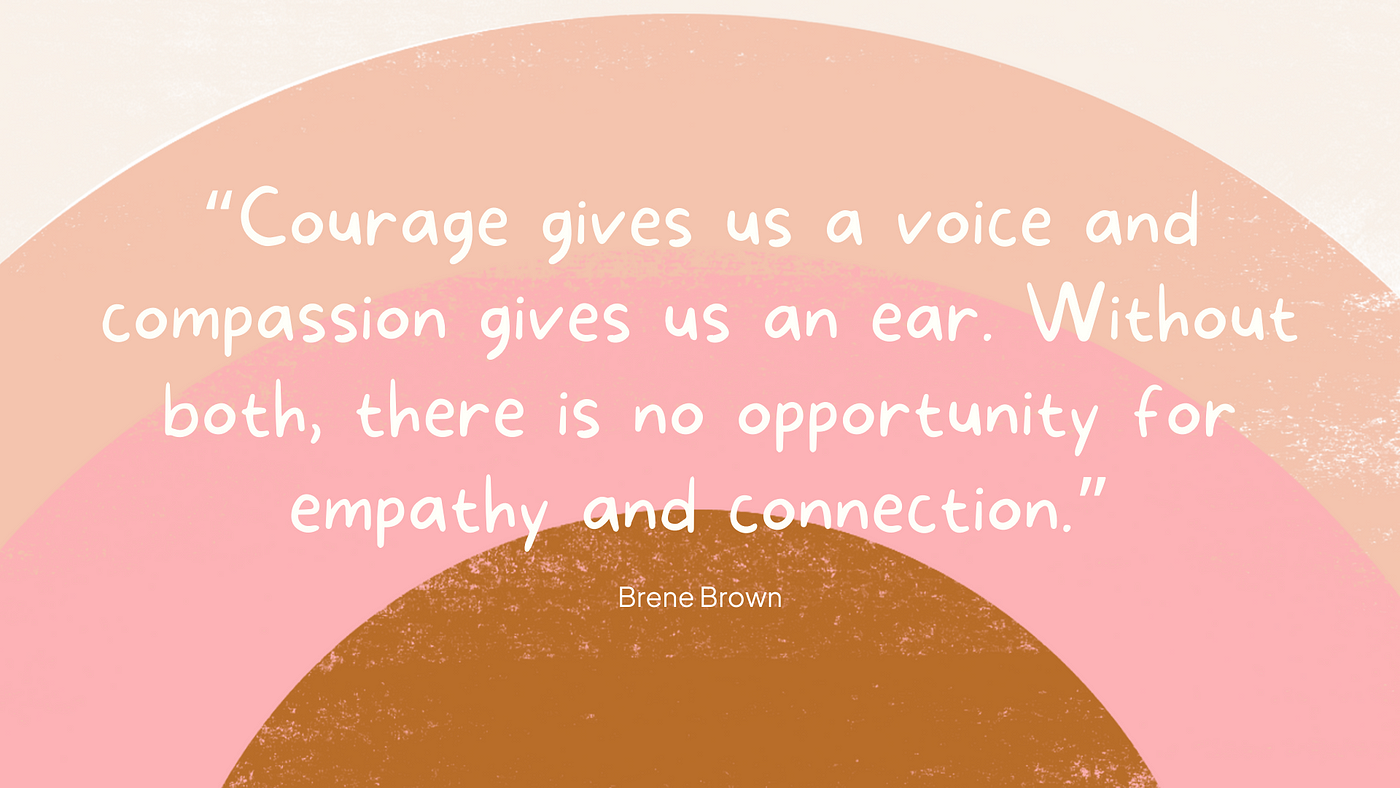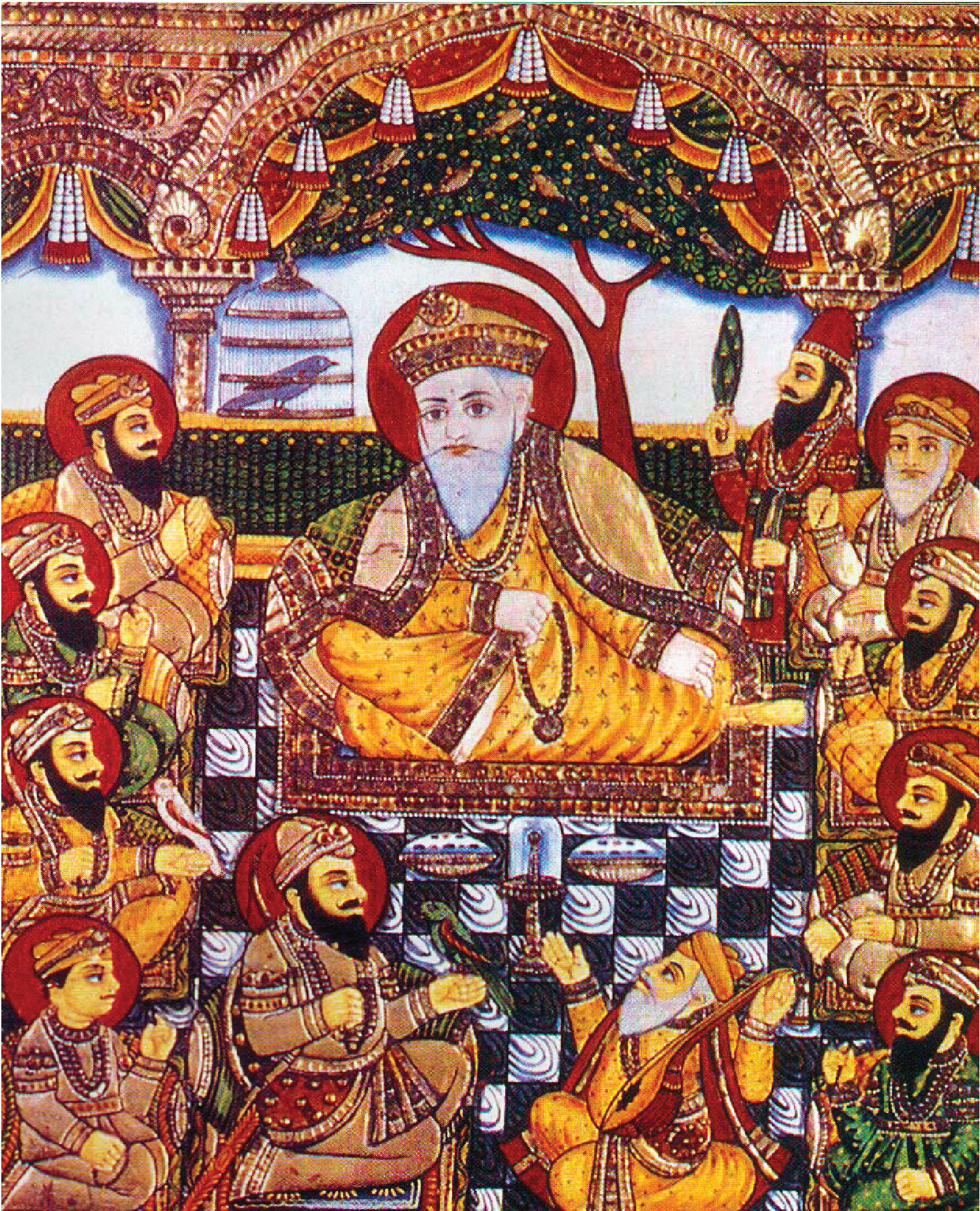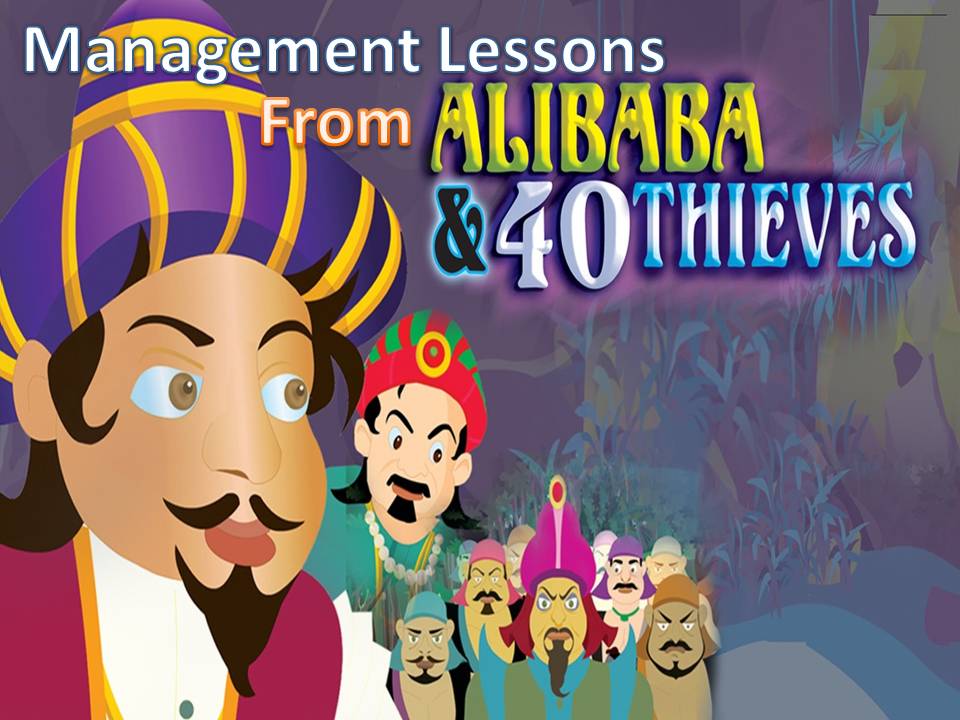I had a meeting near Badarpur and instead of opting for the usual metro, I decided to hire an auto till Badarpur. Little did I know that I’ll remember this auto ride for the rest of my life and learn so many lessons. As I chatted with my father over the phone in Punjabi, my auto driver, Sardar Ji, couldn’t help but notice, prompting him to inquire if I was from Punjab. Confirming his suspicion, we started conversing. I came to know Sardar Ji had visited my hometown, Sultanpur Lodhi and had visited Gurudwara Shri Ber Sahib. I was overjoyed to meet someone who shared a connection with my hometown. We delved into Punjab’s core, touching upon Punjabiat, the Punjabi Language, and the profound teachings of Sikh Gurus. We passionately recounted the sacrifices made by the 5th, 9th, and 10th Guru Sahiban to protect humanity. However, the tone took a poignant turn when Sardar Ji, with a heavy heart, asked about the date. I told him today’s 1st Nov. He asked me to reflect upon what had transpired 30 years ago on that very date. Though I keep newspaper cuttings of all important events but I couldn’t recall anything. I admitted my ignorance, and he proceeded to share a chilling account. On 31st Oct 1984, PM of India Ms. Indira Gandhi was assassinated by her bodyguards, triggering a series of tragic events. Sardar Ji described how he narrowly escaped when a mob attacked his locality in Trilokpuri. In a desperate attempt to save Sardar Ji’s life, his father had to cut his hair. What Aurangzeb couldn’t do in his lifetime, the mob made his father cut Sardar Ji’s hair. After saving Sardar Ji’s life, his father was killed and his body was burned by the mob. Crossing Taimoor Nagar, I got a glimpse of Sardar Ji’s eyes from the rearview mirror. I noticed he was trying to control his tears. Even after so many years that tragedy still echoed in his memories. I was so overwhelmed that I asked him to stop the auto. Once the auto came to a halt, I stepped out, and embraced Sardar Ji with a warm hug, just like my mother used to hug me whenever I cried during my childhood. I cried like this tragedy had happened to me and I had lost one of my own family members. We cried together, and we consoled each other. I offered my sincere apologies for the pain he and his family had endured. I saluted the resilience and strength that Sardar Ji embodies. As we parted ways after reaching Badarpur, I couldn’t help but reflect on the significance of Empathy- a virtue often preached but seldom truly felt. To date, I am grappling with the realization that some wounds are too profound to ever fully heal. We live in a world that is divided along the lines of religion, caste, and creed. Stories like Sardar Ji’s remind and compel us to cultivate compassion for one another. Raised on tales of Sikh Gurus and heroes like Baba Banda Singh Bahadur, Bhai Mati Dass, Bhai Sati Dass, and countless others who selflessly sacrificed for the greater good of humanity. Sardar Ji’s story has reinforced my gratitude for all those who consider humanity as paramount religion. Their timeless lessons about compassion, courage, and interconnectedness resonate profoundly.
A Profound Encounter- Courage, Compassion and Empathy







